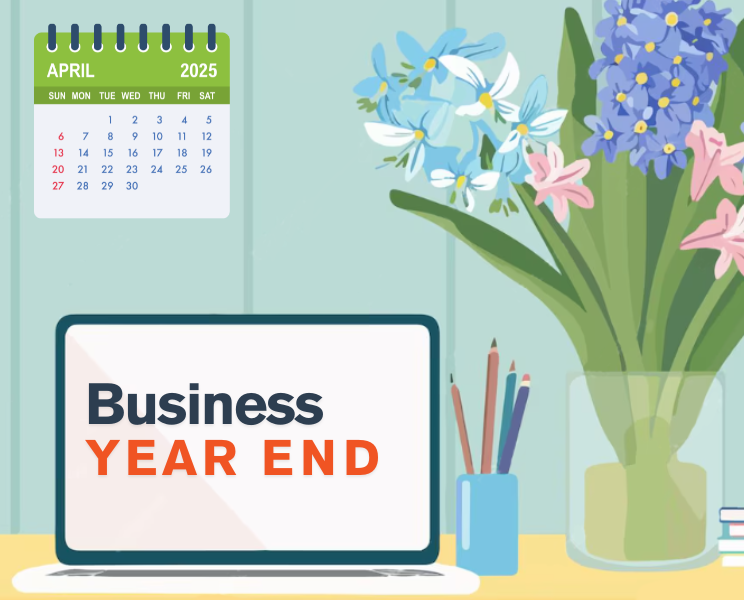Business Asset Disposal Relief
Business asset disposal relief allows the individual owners of business assets, including shares in a “personal company” (see definition below), to pay a reduced rate of tax on any financial gain they make when they sell those assets.
Business asset disposal relief applies to individuals only. It isn’t applicable to any gains made by limited companies.
What are the tax advantages?
Quite simply, the whole capital gain (i.e. the difference between the amount an asset was bought for and the amount it was sold for) on a qualifying asset is taxed at a lower rate of 10% rather than the usual Capital Gains Tax rate that would be applied based on the individual’s tax band (10% basic rate and 20% higher / top rate).
What disposals qualify?
Broadly, disposals that qualify are:
- Business assets (including goodwill and business premises but not investment assets) sold as part of an overall disposal of your sole trade or a partnership that you were a member of;
- Business assets sold by your sole trade, or a partnership that you were a member of, within three years of that business ceasing;
- Shares or securities held in a “personal company”;
- Shares acquired through an Enterprise Management Incentive scheme;
- Disposals of assets “associated” with your withdrawal from a partnership or “personal company” (e.g. you leave a partnership and at the same time sell that partnership the factory that you had owned personally and been renting to it)
Most trades qualify for business asset disposal relief but a specific exception is the letting of property (other than associated disposals as above, or furnished holiday lets within the UK or European Economic Area).
What is a ‘personal company’ and how do disposals qualify?
A company is your personal company if you hold at least 5% of the ordinary share capital and that holding gives you at least 5% of the voting rights in the company.
If the business is owned by a company in which you dispose of the shares or securities (scenario 3 in the section above) then throughout a qualifying period of one year (if disposed of before 6 April 2019) or two years (if disposed of after 6 April 2019 the company must be your “personal company” and either a trading company or the holding company of a trading group.
Throughout the same qualifying period you must also be either an officer (i.e. director) or employee of that company (or an officer or employee of one or more members of the trading group).
The one-year qualifying period ends generally on the date of disposal of the shares or securities. The exceptions are where the company ceases to be a trading company, or to be a member of a trading group, within the period of three years before the date of disposal.
In such cases the qualifying period ends on the date the company ceased to qualify as a trading company or a member of a trading group.
The Lifetime Limit
There is a lifetime limit of £1 million, meaning that any individual can only claim business asset disposal relief on gains of up to £1 million over the course of their lifetime. If this limit is exceeded, then any additional gains will be taxed at the usual Capital Gains Tax rates.
Business asset disposal relief and the Capital Gains Tax annual exemption
An individual is currently exempt from tax on the first £6,000 (3000 in 2024/25) of capital gains each tax year. If in any one year you have some gains taxable at the 10% entrepreneurs’ rate and some at the Top Tip higher (20%) rate (either because you have exceeded your lifetime limit or because some but not all of your gains qualify for business asset disposal relief) then you are permitted to set your £6,000 (3000 in 2024/25) annual exemption against the gains taxed at the higher rate first in order to minimise your tax liability.
How do I claim the relief?
Normally you would simply claim relief through the capital gains tax pages of your self-assessment tax return.
What do I do next?
If you’re interested in finding out more about business asset disposal relief, give us a call or get in touch via email.



